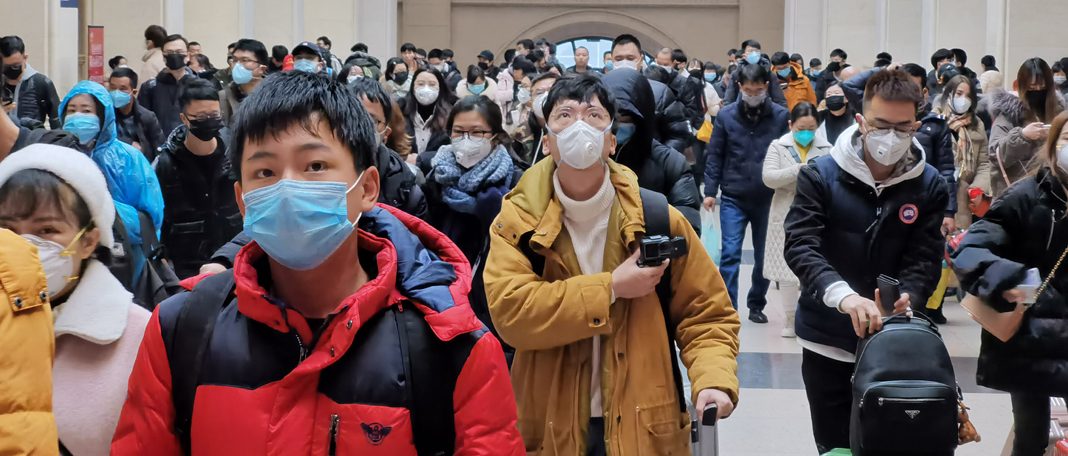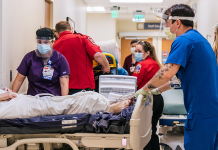The ongoing Coronavirus pandemic that first started in China has resulted in more than 64 million casualties around the world. Being a respiratory disease, COVID-19 first attacks the lungs of those with weaker immune systems. But, this isn’t the first time a respiratory virus has hit the country. The past decade has seen deadly viral diseases like SARS (Severe Acute Respiratory Syndrome), and MERS (Middle East Respiratory Syndrome) affecting millions in China. These diseases result in ‘community spread pneumonia’ within the country, ultimately spreading to other countries around the world.
Viruses Responsible for ‘Community Spread Pneumonia’
Viruses account for nearly 10% of the community-acquired pneumonia cases in China. While it is mostly the Influenza virus that is responsible for viral pneumonia, there are other viruses like A1 H1N1, respiratory syncytial virus, human adenovirus, and Coronavirus that cause harm to immunocompetent individuals. Immunocompetent individuals are those whose immune systems are considerably weak compared to healthy individuals. The high number of cases of immune dysfunction is one of the major causes for the spread of viral pneumonia.
Research & Treatment for ‘Community Spread Pneumonia’
Prolonged Respiratory tract infections result in lung failure in people with compromised immune systems, which can lead to death in severe cases. With every occurrence of community spread pneumonia, the pathogens are tested and studied upon. These scientific research studies help in identifying new viruses and their behavior. Only with the help of these study results can medicines and vaccines be prepared to combat such deadly viruses.
The number of effective antiviral drugs in the medical field is quite limited and hence, it takes a lot of trials, and collaboration from other countries to come up with successful antiviral drugs. The same applies to vaccines as well. Take COVID-19 vaccines for instance, several countries are in the trial stages but it is still unclear which among these is the best. Apart from preventing the community spread of viral pneumonia diseases, the effect of these vaccines should be long lasting and shouldn’t cause side effects on the individual in the future. People with weaker immune systems and other comorbidities should also be able to take up the shot, only then a vaccine is considered successful.


















